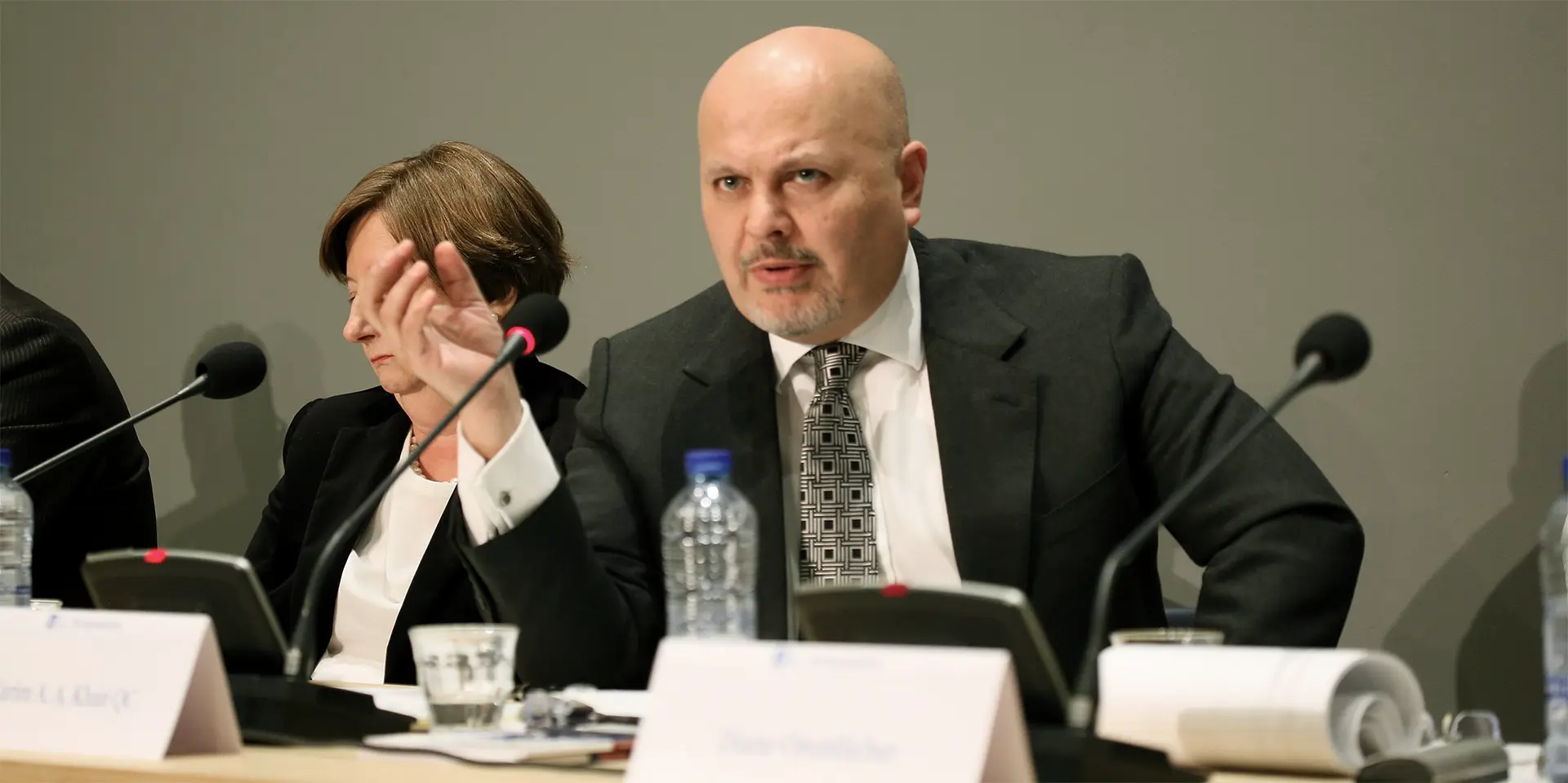

|
||

In a recent article published by WIRED Magazine, a significant shift in international law regarding cyber warfare has been brought to light.
The International Criminal Court (ICC) at the Hague has signaled its intention to investigate and prosecute hacking crimes that breach existing international law without the need for new regulations. This move was declared by the court’s lead prosecutor, Karim Khan, in an article published in the quarterly Foreign Policy Analytics. Khan emphasized the serious real-world consequences of cyberattacks on critical infrastructures, underscoring their potential to harm vulnerable populations.
Russia’s Cyberattacks on Ukraine: While the ICC did not specifically mention Russia or Ukraine, the announcement coincides with increased scrutiny of Russia’s cyber activities targeting Ukraine, especially following its 2022 invasion. A formal request was previously submitted by the Human Rights Center at UC Berkeley’s School of Law to the ICC, suggesting that Russian hackers be considered for war crime prosecutions. The focus was primarily on cyberattacks led by Sandworm, a unit of Russia’s GRU military intelligence agency. These attacks have had unprecedented effects on civilian infrastructure in Ukraine, including power blackouts and widespread malware infections.
Implications and Global Reach: The decision by the Hague could have broader ramifications. Charges against Russian hackers in the Hague would compel 123 countries (parties to the Rome Statute) to assist in the detention and extradition of convicted war criminals, encompassing countries that don’t have extradition pacts with the U.S. Notably; these charges could also be extended to higher echelons of command within Russia’s military structure.
Bobby Chesney, from the University of Texas Law School, mentions that while the incorporation of hacking into international law is “novel but not surprising,” Khan’s references to disinformation and “gray zone” tactics introduce more innovative legal considerations.
For Lindsay Freeman of the Human Rights Center, the ICC’s willingness to potentially charge cyberwar crimes, given its limited resources, marks a significant shift. Karim Khan concludes his article by referencing Albert Einstein’s concerns over technology surpassing humanity, underlining the ICC’s commitment to maintaining justice in the evolving landscape of warfare.
Sponsored byWhoisXML API

Sponsored byIPv4.Global

Sponsored byVerisign

Sponsored byRadix

Sponsored byVerisign

Sponsored byDNIB.com

Sponsored byCSC
